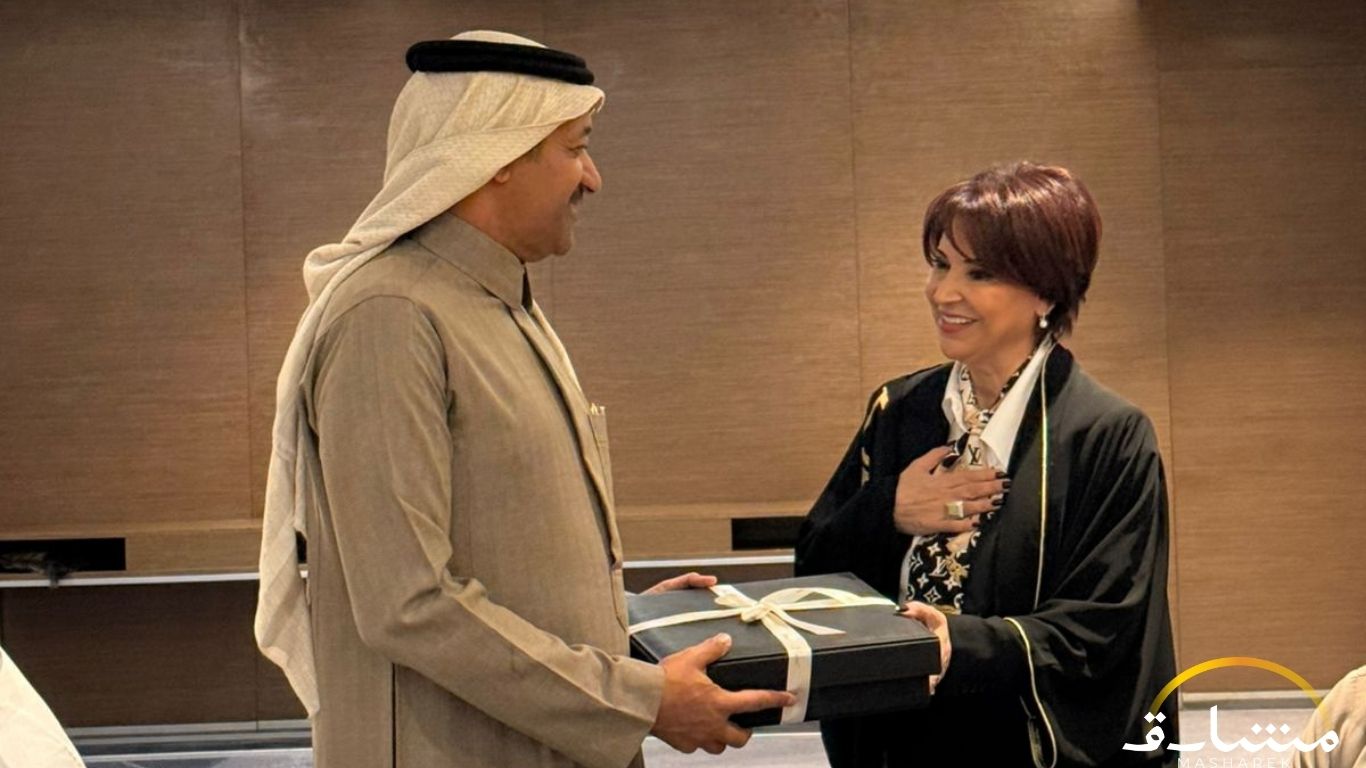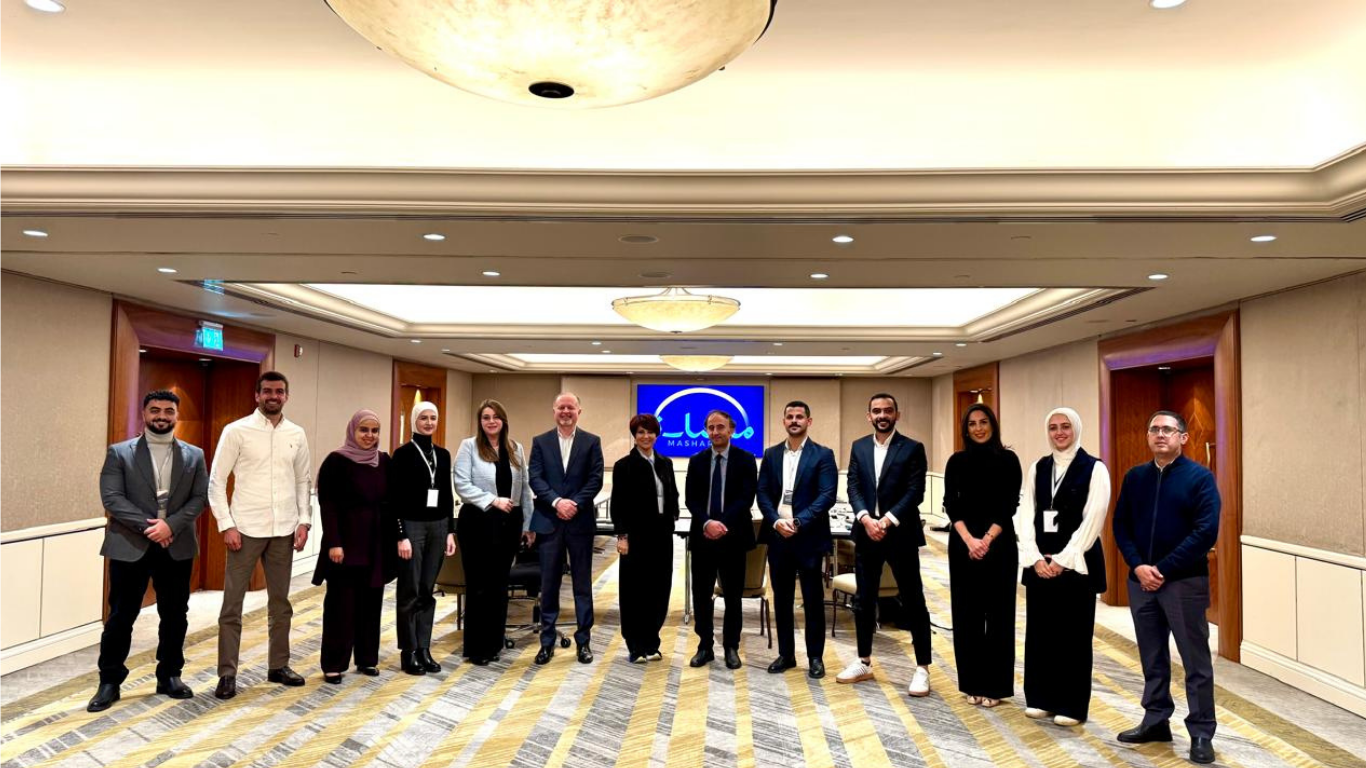January 12, 2025
Written by : H.E. Majd Shweikeh

The last five years have reminded us that disruption is not a possibility—it is an inevitability. From the COVID-19 pandemic, which redefined every facet of business and life, to the recent tragedies in Gaza , the scale and scope of disruption have challenged us in unprecedented ways. These events, while devastating, also underscore the importance of leadership that is prepared not just to survive disruption but to thrive within it.
Disruption Demands Mindful Leadership
Leaders today must be acutely mindful of the evolving landscape of disruption. It is not enough to react; we must anticipate and adapt proactively. This begins with fostering an environment of innovation—one that encourages teams to think beyond the immediate crisis and envision possibilities. Mindful leadership requires recognizing disruption as an opportunity to build resilience, adapt systems, and create new pathways for growth.
Embedding Innovation and Ownership
An environment of innovation flourishes when leaders instill a culture of ownership. Ownership goes beyond accountability; it is about empowering individuals to take initiative, embrace challenges, and contribute actively to problem-solving. When teams feel ownership, they are more likely to approach disruption as a shared challenge rather than a burden.
Collaborative Design Thinking for Solutions
Leadership in disruption also calls for embracing collaborative design thinking. This approach encourages diverse teams to ideate and prototype solutions, moving from frustration and blame to creativity and co-creation. By bringing together different perspectives, leaders can design solutions that are not only effective but also sustainable and inclusive.
Lessons from Recent Disruptions
The COVID-19 pandemic, for instance, highlighted the fragility of traditional business models but also unleashed new opportunities, from digital transformation to innovative service delivery. Similarly, the tragic events in Gaza have been emotionally and socially disruptive, creating economic challenges and deep-seated frustrations. Yet, within these crises, there lies potential for transformation.
Resilience has emerged as a defining factor—both for individuals and organizations. Leaders who navigate emotional and economic disruptions with agility and empathy can inspire their teams to overcome barriers, embrace change, and co-create new solutions.
Turning Challenges into Opportunities
Amid these disruptions, action researchers—leaders who see challenges as opportunities for learning and innovation—are poised to create win-win outcomes. By identifying areas ripe for development, such as new products, services, and systems, they pave the way for sustainable growth. Leadership, in this context, becomes not just about managing the present but also shaping the future.
A Call to Action for Leaders
Disruption is not just an external event; it is a call for internal transformation. Leaders must:
1. Be mindful of the broader impact of disruption on individuals, communities, and systems.
2. Create a culture of innovation and ownership to empower teams.
3. Leverage collaborative design thinking to ideate, prototype, and implement solutions.
4. Embrace resilience as a core value, seeing challenges as opportunities to grow stronger.
Leadership in disruption is not about having all the answers—it is about asking the right questions, creating spaces for innovation, and inspiring teams to rise above the chaos. It is about owning responsibility, embracing uncertainty, and building systems that thrive, not just survive, in the face of adversity.
In these moments of unprecedented change, leaders have the opportunity—and the responsibility—to shape a future that turns disruption into progress. How we lead now will determine the resilience, adaptability, and innovation of the world we create tomorrow.

